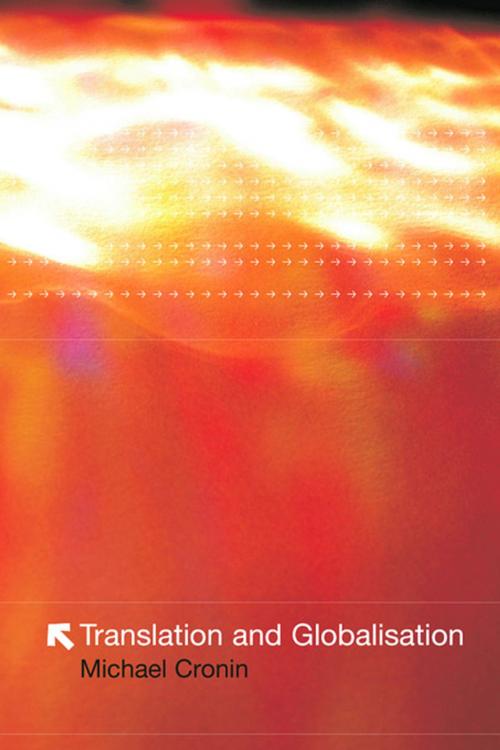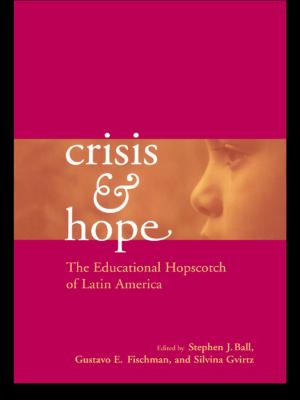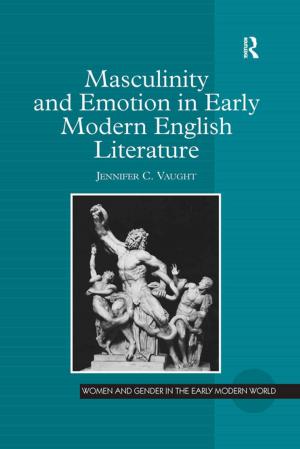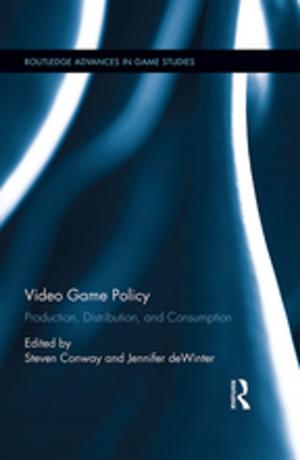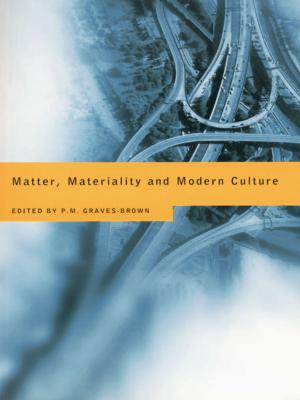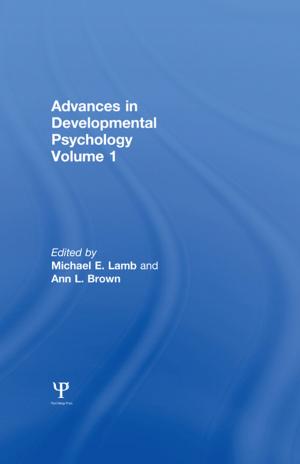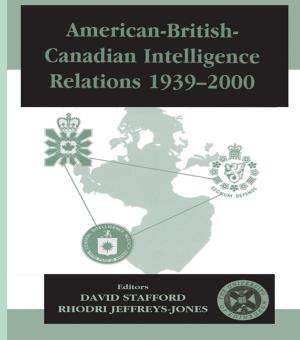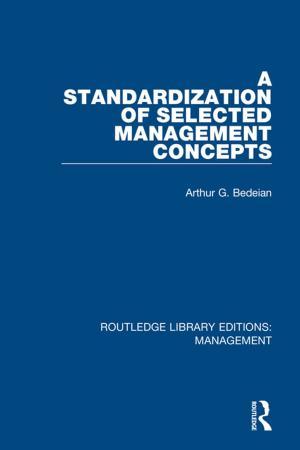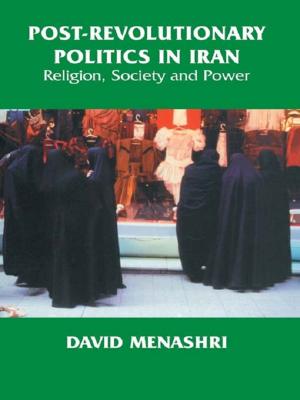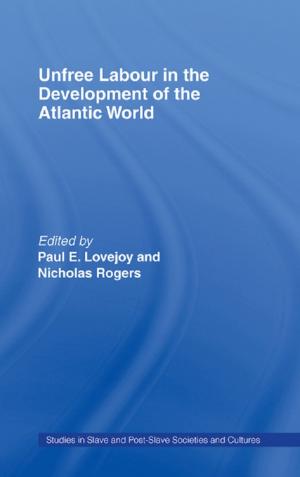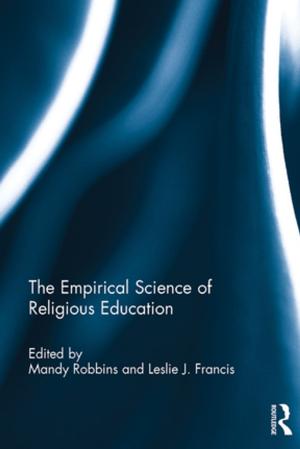Translation and Globalization
Nonfiction, Reference & Language, Language Arts, Translating & Interpreting, Linguistics| Author: | Michael Cronin | ISBN: | 9781135138295 |
| Publisher: | Taylor and Francis | Publication: | May 13, 2013 |
| Imprint: | Routledge | Language: | English |
| Author: | Michael Cronin |
| ISBN: | 9781135138295 |
| Publisher: | Taylor and Francis |
| Publication: | May 13, 2013 |
| Imprint: | Routledge |
| Language: | English |
Translation and Globalization is essential reading for anyone with an interest in translation, or a concern for the future of our world's languages and cultures. This is a critical exploration of the ways in which radical changes to the world economy have affected contemporary translation.
The Internet, new technology, machine translation and the emergence of a worldwide, multi-million dollar translation industry have dramatically altered the complex relationship between translators, language and power. In this book, Michael Cronin looks at the changing geography of translation practice and offers new ways of understanding the role of the translator in globalized societies and economies. Drawing on examples and case-studies from Europe, Africa, Asia, and the Americas, the author argues that translation is central to debates about language and cultural identity, and shows why consideration of the role of translation and translators is a necessary part of safeguarding and promoting linguistic and cultural diversity.
Translation and Globalization is essential reading for anyone with an interest in translation, or a concern for the future of our world's languages and cultures. This is a critical exploration of the ways in which radical changes to the world economy have affected contemporary translation.
The Internet, new technology, machine translation and the emergence of a worldwide, multi-million dollar translation industry have dramatically altered the complex relationship between translators, language and power. In this book, Michael Cronin looks at the changing geography of translation practice and offers new ways of understanding the role of the translator in globalized societies and economies. Drawing on examples and case-studies from Europe, Africa, Asia, and the Americas, the author argues that translation is central to debates about language and cultural identity, and shows why consideration of the role of translation and translators is a necessary part of safeguarding and promoting linguistic and cultural diversity.
